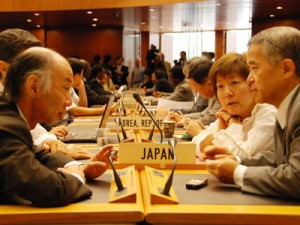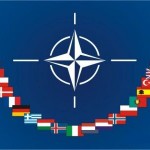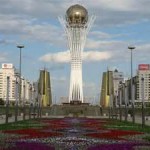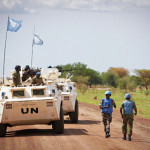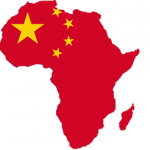“Challenges Facing Outside Actors in Balancing Punitive and Reconciliatory Measures in Nation/State-Building and the Optimum Division of Labor to Overcome Them” by Kapok Tree Diplomacy
PREVIEW
I. Punitive and Reconciliatory Measures Available in Nation/State-Building
A. Definitions
B. Tasks of Nation/State Building (NSB)
C. Punitive and Reconciliatory Measures Available in NSB Processes
1. Military Security
2. Political
3. Economic
4. Justice and Reconciliation
II. Challenges Facing Outside Actors in Nation/State Building
A. Military/Security Pillar – Challenges Facing IOs, Coalitions and MNFs, and States
B. Political and Governance Pillar – Challenges Facing IOs, Coalitions and MNFs, and States
C. Economic Pillar – Challenges Facing IOs, Coalitions and MNFs, and States
D. Justice and Reconciliation Pillar – Challenges Facing IOs, Coalitions and MNFs, and States
III. Section Three – Optimum Division of Labor to Meet NSB Challenges
A. Proper Mix – International, Regional, Local, Multilateral & Bilateral
B. Military/Economic/Political Division of Labor
IV. Summary
Section One – Punitive and Reconciliatory Measures Available in Nation/State-Building
Definitions. Nation-building and state-building are similar but not identical concepts with context often determining which term is applicable. Mary Thida Lun defines nation-building as “the indigenous and domestic creation and reinforcement of the complex social and cultural identities that relate to and define citizenship within the territory of the state” (v). Read more

